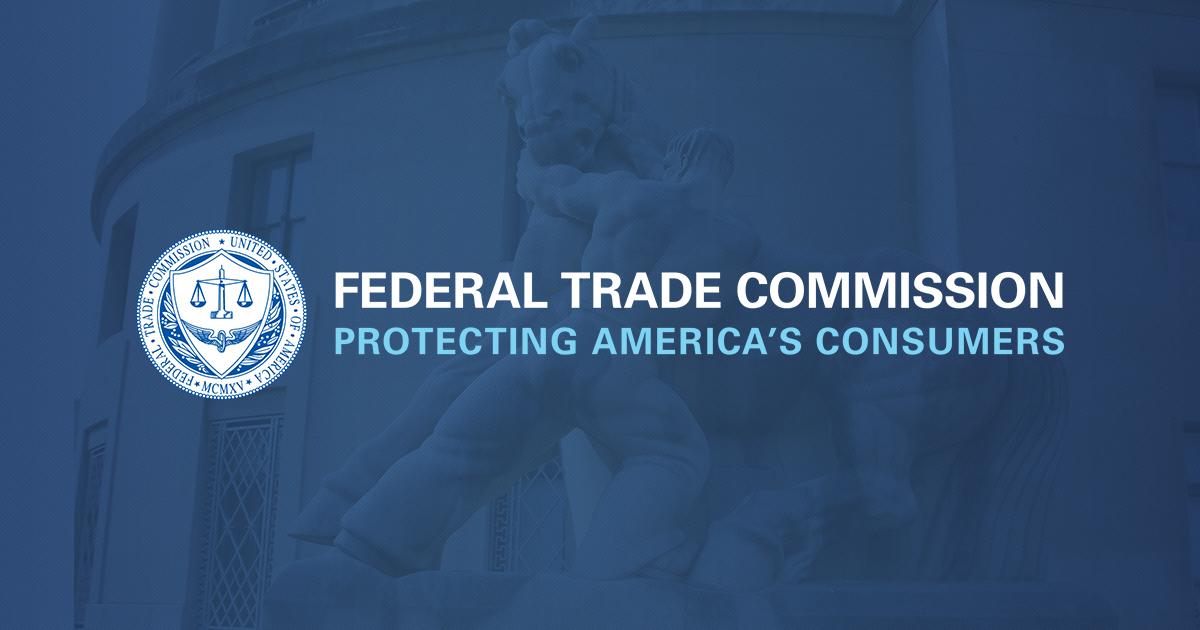Ball Corporation has agreed to sell to Ardagh Group S.A. eight U.S. aluminum can plants and associated assets in order to settle FTC charges that its proposed acquisition of Rexam PLC – worth $8.4 billion when proposed in February 2015 – is likely anticompetitive.
According to the complaint, the acquisition would eliminate direct competition in the United States between Colorado-based Ball, and United Kingdom-based Rexam, which are the first and second largest manufacturers of aluminum beverage cans in both the United States and the world. The complaint alleges without a divestiture, it is likely that the proposed merger would substantially lessen competition for standard 12-ounce aluminum cans in three regional U.S. markets – the South and Southeast, the Midwest, and the West.
The complaint also alleges that the proposed merger would substantially lessen competition for specialty aluminum cans nationwide. Ball and Rexam produce specialty aluminum cans that range in size from 7.5 ounces to 24 ounces, come in different shapes, and are used to market a wide variety of different products such as portion-controlled drinks and energy drinks.
The acquisition also would increase the likelihood of anticompetitive coordination between the two remaining independent beverage can suppliers in the U.S., resulting in higher prices and reduced quality, selection, service, and innovation.
Under the terms of the consent agreement, Ball and Rexam are required to divest eight aluminum can plants and related assets in the United States to Ardagh, one of the world’s largest producers of glass bottles for the beverage industry and metal cans for the food industry. Ardagh will acquire aluminum can body plants in Fairfield, Calif., Chicago, Ill., Whitehouse, Ohio, Fremont, Ohio, Winston-Salem, N.C., Bishopville, S.C., and Olive Branch, Miss., and Rexam’s aluminum can end plant located in Valparaiso, Ind.. Ardagh also will acquire Rexam’s U.S. headquarters in Chicago, Ill., and Rexam’s U.S. Technical Center in Elk Grove, Ill.
Further details about the consent agreement – which includes an asset maintenance order and allows the Commission to appoint a monitor trustee – are set forth in the analysis to aid public comment for this matter.
Throughout the investigation, Commission staff cooperated with staff of the antitrust agencies in the European Union, Brazil, and Mexico, including on the analysis of the proposed transaction and potential remedies, to reach compatible approaches on an international scale.
The Commission vote to issue the complaint and accept the proposed consent order for public comment was 3-0. The FTC will publish the consent agreement package in the Federal Register shortly. The agreement will be subject to public comment for 30 days, beginning today and continuing through July 28, 2016, after which the Commission will decide whether to make the proposed consent order final. Comments can be filed electronically or in paper form by following the instructions in the “Supplementary Information” section of the Federal Register notice.
NOTE: The Commission issues an administrative complaint when it has “reason to believe” that the law has been or is being violated, and it appears to the Commission that a proceeding is in the public interest. When the Commission issues a consent order on a final basis, it carries the force of law with respect to future actions. Each violation of such an order may result in a civil penalty of up to $16,000 per day.
The Federal Trade Commission works to promote competition, and protect and educate consumers. You can learn more about how competition benefits consumers or file an antitrust complaint. Like the FTC on Facebook, follow us on Twitter, read our blogs and subscribe to press releases for the latest FTC news and resources.

